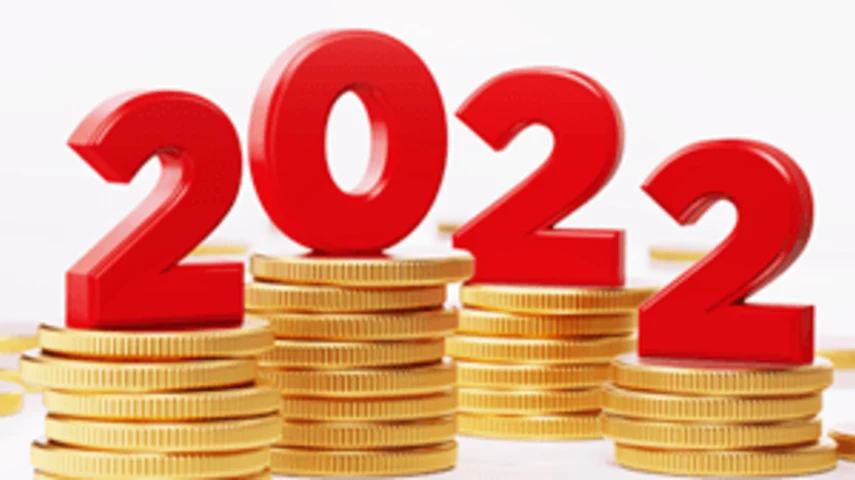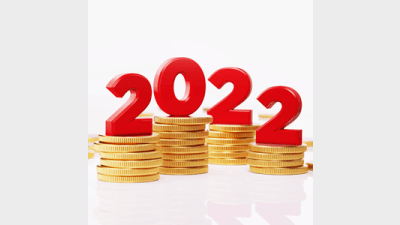Budget 2022: Economic growth estimates are ‘conservative’



Although the Federal Budget does not project a return to surplus, with deficits over the next two years around the $80 billion-mark, Budget forecasts are fairly conservative and revenue could continue to grow with commodity prices.
In a post-Budget media briefing, UBS chief economist, George Tharenou, said the Budget overall continued a trend of very large fiscal stimulus, reinforcing the improvement in the economy and the labour market, and underpinning a materially better than expected starting point for the budget position.
“That in turn allowed the Government to provide even more fiscal stimulus, but yet at the same time, couple that with a material budget beat,” Tharenou said.
“So I would characterise this dynamic as quite positive and one of the key reasons why we've been relatively optimistic on the growth outlook for Australia.”
The Australian Government Budget, relative to the Mid-Year Economic and Fiscal Outlook (MYEFO) (released in Dec 21), forecast a material cumulative improvement over the five years to 2025/26 of $104 billion.
Tharenou said the market had been expecting this kind of improvement, but that the increased fiscal spending of $39 billion over five years was $11 billion less than what UBS was expecting, which provided a significant offset to the budget balance.
“It's probably towards the upper end of the range of [media] commentary… but it wasn't the absolute huge upside surprise that could have been the case based on prior Budgets,” he said.
Unlike previous Budgets, he said, only a portion of upside revenue was handed back to households with a near-term stimulus in 2021/22 and 2022/23 of $26 billion or 1.1% of annual GDP.
With higher commodity prices driving the budget beat, nominal GDP growth upgraded sharply to over 10% in 2021-22, in line with UBS estimates.
“But then the cause of the convention around assuming mean reversion of commodity prices to long-run averages, you've got this collapse in nominal GDP, which means that the next year’s improvement wasn't as much as we we’re looking for.
“We thought we’d start to see a path of consolidation, but instead basically this year and next year the deficits are pretty similar, around the $80 billion mark.”
If commodity prices did not collapse, but nor did they necessarily need to stay very high, the Australian Government would have an extra $17.7 billion next financial year, meaning the Budget forecasts were conservative, he said.
Recommended for you
Natixis Investment Managers has hired a distribution director to specifically focus on the firm’s work with research firms and consultants.
The use of total portfolio approaches by asset allocators is putting pressure on fund managers with outperformance being “no longer sufficient” when it comes to fund development.
With evergreen funds being used by financial advisers for their liquidity benefits, Harbourvest is forecasting they are set to grow by around 20 per cent a year to surpass US$1 trillion by 2029.
Total monthly ETF inflows declined by 28 per cent from highs in November with Vanguard’s $21bn Australian Shares ETF faring worst in outflows.










